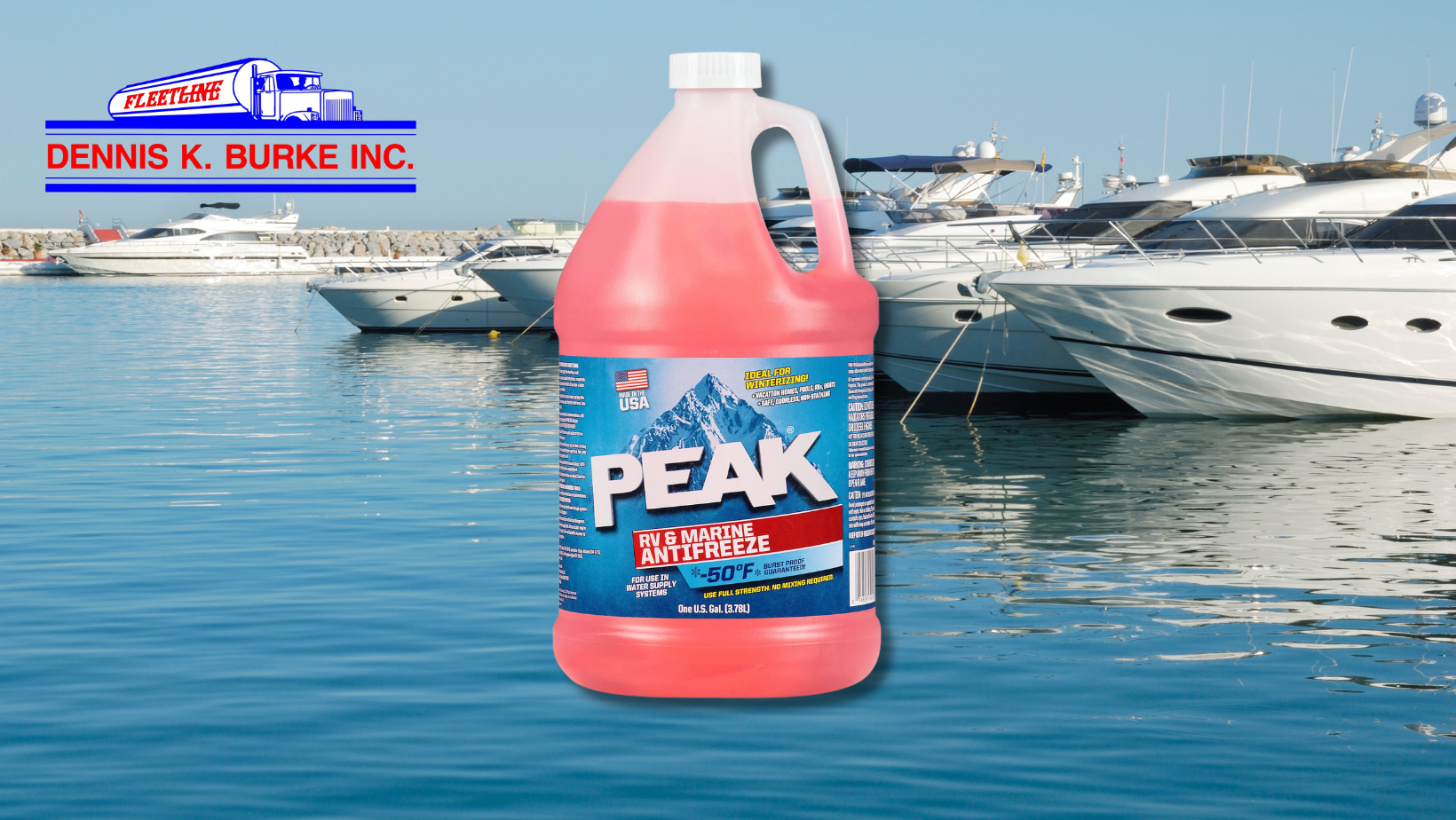Elevated Copper Levels in Oil Analysis Reports-Doug's Tip of the Month
.jpg)
What can High Copper Levels mean?
Recently I have reviewed many Used Oil Analysis reports that indicated elevated Copper levels. Although Copper is considered a Wear Metal, there are instances or situations that can occur where higher than normal levels of copper can exist. This can also be true with other Wear Metals like iron, lead, aluminum, and chromium, where the analysis readings were raised or lower than normal.
Back to Copper. There are many reasons why copper could be high, but it usually comes down to either wear, or the copper is leaching into the oil from cooler lines or components due to new equipment break in. By looking at other wear metals and elements such as tin and/or zinc for instance, equipment wear can be rules out or confirmed. If the other wear mechanisms are not present in the oil sample analysis, then most likely the culprit for high copper levels is in fact the oil cooler and components.
The break in or leaching of copper levels into the oil can be either slowed or increased depending on Diesel Engine Oil formulations. Sometimes, converting from one brand to another these levels of copper would increase or decrease. Therefore, it is always important to look at the analysis reports and the elements in it’s entirety before drawing any conclusions.
Most often we have seen these issues with Caterpillar equipment. In 2003 CAT issued bulletin SEBD9318-00 to address this issue. It says in part “These elevated copper levels can be dramatic. Customers that observe these elevated copper levels are very concerned about excessive wear or component failure. In most cases, the customer should not be concerned about these elevated copper levels: the condition does not usually indicate excessive wear and/or component failure. However, it is important to understand the cause of the condition.” Again, it is important to review the UOA Reports completely to have a better understanding of the oil and equipment condition.


